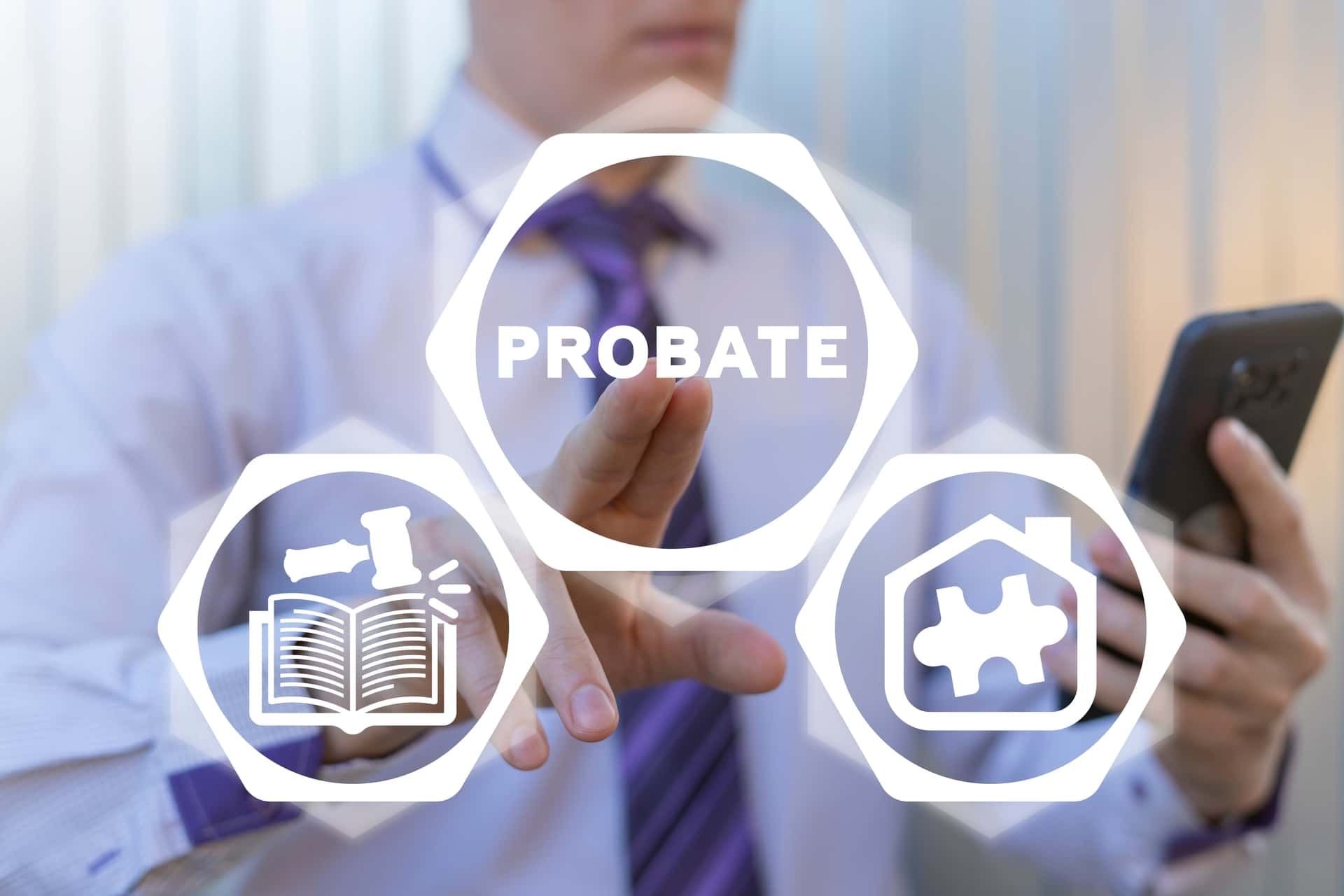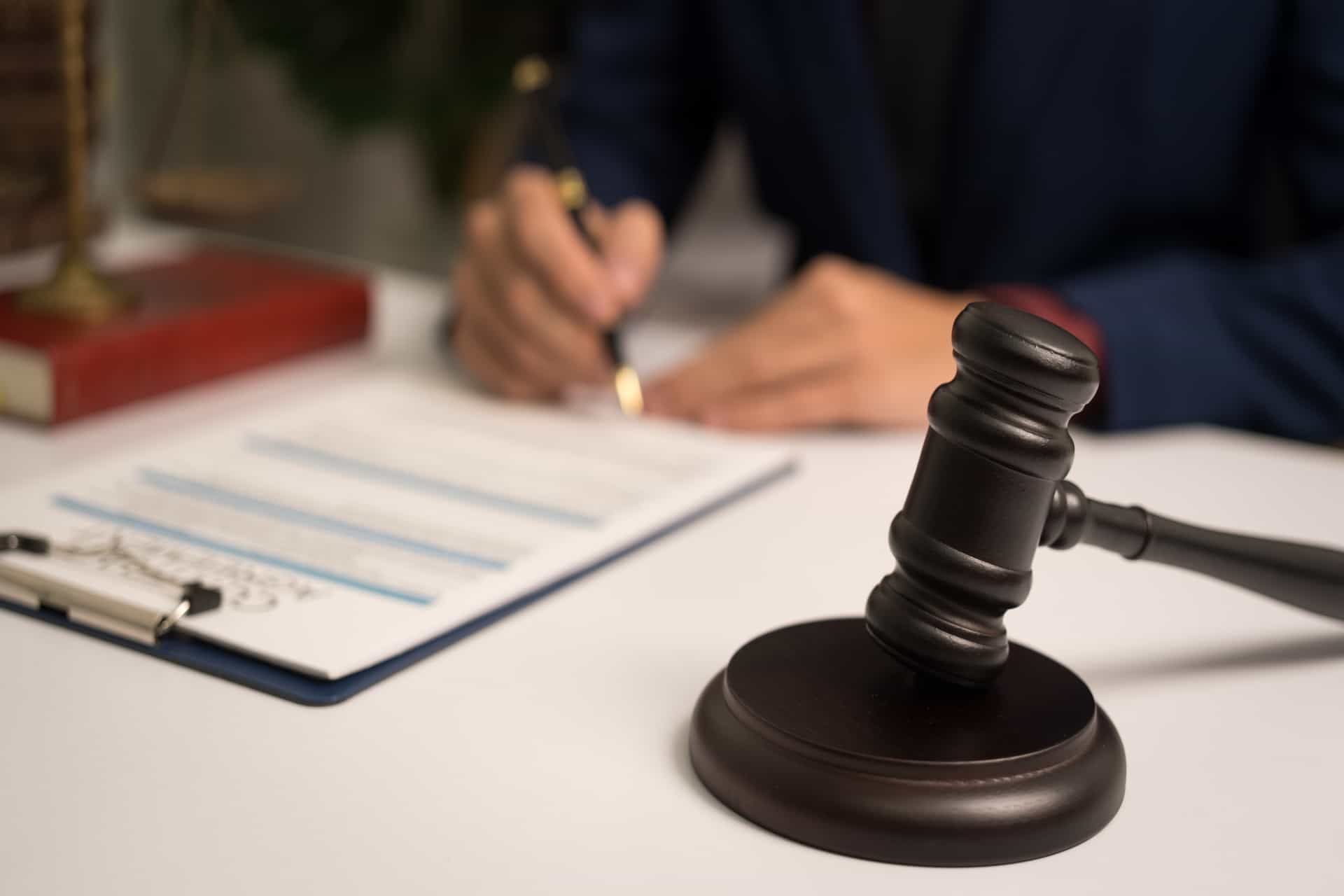What Happens If You Pass Away Without a Will?
Planning for the future is crucial, even if it involves uncomfortable topics like what happens after you pass away. A will ensures that your wishes are respected and that your loved ones are taken care of. But what happens if you die without a will? The legal term for this is "dying intestate," and it can create significant complications for your family. Without a will, state laws determine who inherits your assets, which might not align with your wishes.
In this guide, we’ll break down the process of what happens when someone dies without a Will, who inherits their assets, and why it’s important to consult a Will attorney to avoid these issues.
What Is Intestate Succession?
When someone dies without a will, their estate goes through intestate succession. This means that the court applies state intestacy laws to determine how to distribute their assets. Each state has its own laws, but in general, the court follows a specific order when deciding who inherits what.
The primary goal of intestate succession laws is to distribute assets to the closest living relatives. However, this process does not consider personal relationships, stepchildren, or non-married partners, which is why having a will is essential.
Who Inherits Your Estate If You Die Without a Will?
If You Are Married
In most states, your spouse is the first person to inherit your estate. However, the exact distribution depends on whether you have children:
- If you have no children, your spouse typically inherits everything.
- If you have children, your spouse may only receive a portion of the estate, while the rest is divided among your children. In some states, the spouse's share may be a fixed percentage or amount, while in others, it may vary based on the size of the estate.
If You Have Children But No Spouse
Your children inherit everything, split equally among them. If one of your children has passed away, their share is usually passed down to their children (your grandchildren).
If You Have No Spouse or Children
Your assets typically go to the next closest relatives in the following order:
- Your parents
- Your siblings
- Your nieces and nephews
- Extended family members like cousins, aunts, and uncles
- If no relatives can be found, your assets may be transferred to the state.
If You Are Unmarried with a Partner
One of the biggest risks of dying without a will is that unmarried partners are not legally entitled to inherit anything unless you have a legally binding document like a will or trust. Even if you’ve been together for decades, the law does not recognize their right to your estate unless you have taken specific legal steps. Some states may recognize common-law marriages or domestic partnerships, which could affect inheritance rights, but this varies widely.
What Happens to Minor Children If You Die Without a Will?
If you have minor children and pass away without a will, the court decides who will become their guardian. Many people assume that their children will automatically go to a close family member, but that’s not always the case. The court considers the best interests of the child, but their decision might not align with your wishes. By having a will, you can nominate a trusted guardian for your children, ensuring they are raised by someone you choose rather than a court-appointed guardian.
The Probate Process When There’s No Will
When a person dies without a will, their estate goes through
probate, a legal process where a court oversees the distribution of assets. This process can be lengthy, costly, and stressful for loved ones.
Steps in the Probate Process
- Appointing an Administrator: Since there is no will to name a Personal Representative, the court appoints an administrator to manage the estate. This is often a surviving spouse or close relative.
- Identifying Assets and Debts: The administrator must locate all assets, such as bank accounts, property, and personal belongings. They must also identify and pay any outstanding debts.
- Distributing the Estate: Once debts are paid, the remaining assets are distributed according to state intestacy laws. This process can take several months or even years, depending on the complexity of the estate.
- Closing the Estate: After all assets are distributed and debts are settled, the court officially closes the estate.
Problems That Can Arise Without a Will
Dying without a will can create significant challenges for your loved ones. Here are some of the most common issues:
- Family Disputes: Without clear instructions, family members may disagree over who should inherit what. This can lead to lengthy legal battles and strained relationships.
- Financial Hardships for Loved Ones: Since probate can take months or even years, your loved ones may not have immediate access to your assets. This can cause financial difficulties, especially if they depend on your income.
- State Control Over Your Estate: Without a will, the state takes control over your estate’s distribution. This means your assets might not go where you would have wanted.
How a Will Attorney Can Help
A will attorney can help you draft a legally binding will that ensures your wishes are followed. Here’s how they can assist:
- Drafting a Personalized Will: They ensure that your will clearly outlines how your assets should be distributed.
- Avoiding Legal Complications: A will attorney ensures that your document meets all legal requirements, reducing the risk of disputes.
- Updating Your Will as Needed: Life changes, and so should your will. A lawyer helps update your will after major life events such as marriage, divorce, or the birth of a child.
- Minimizing Estate Taxes: While estate taxes are typically only a concern for very large estates, a well-crafted will can help reduce them, ensuring more of your assets go to your loved ones. Additionally, other estate planning tools like trusts can also be effective in minimizing taxes.
Conclusion
Dying without a will can create unnecessary stress, legal battles, and financial burdens for your loved ones. The state will decide who inherits your assets, and unmarried partners or close friends may be left with nothing. By working with a will attorney, you can ensure that your wishes are respected, your loved ones are protected, and your estate is handled efficiently.
Don't leave your family's future to chance—consult a will attorney at Tax Lawyer Florida today to secure your legacy.
Disclaimer: The information on this website and blog is for general informational purposes only and is not professional advice. We make no guarantees of accuracy or completeness. We disclaim all liability for errors, omissions, or reliance on this content. Always consult a qualified professional for specific guidance.
RECENT POSTS
CONTACT US






